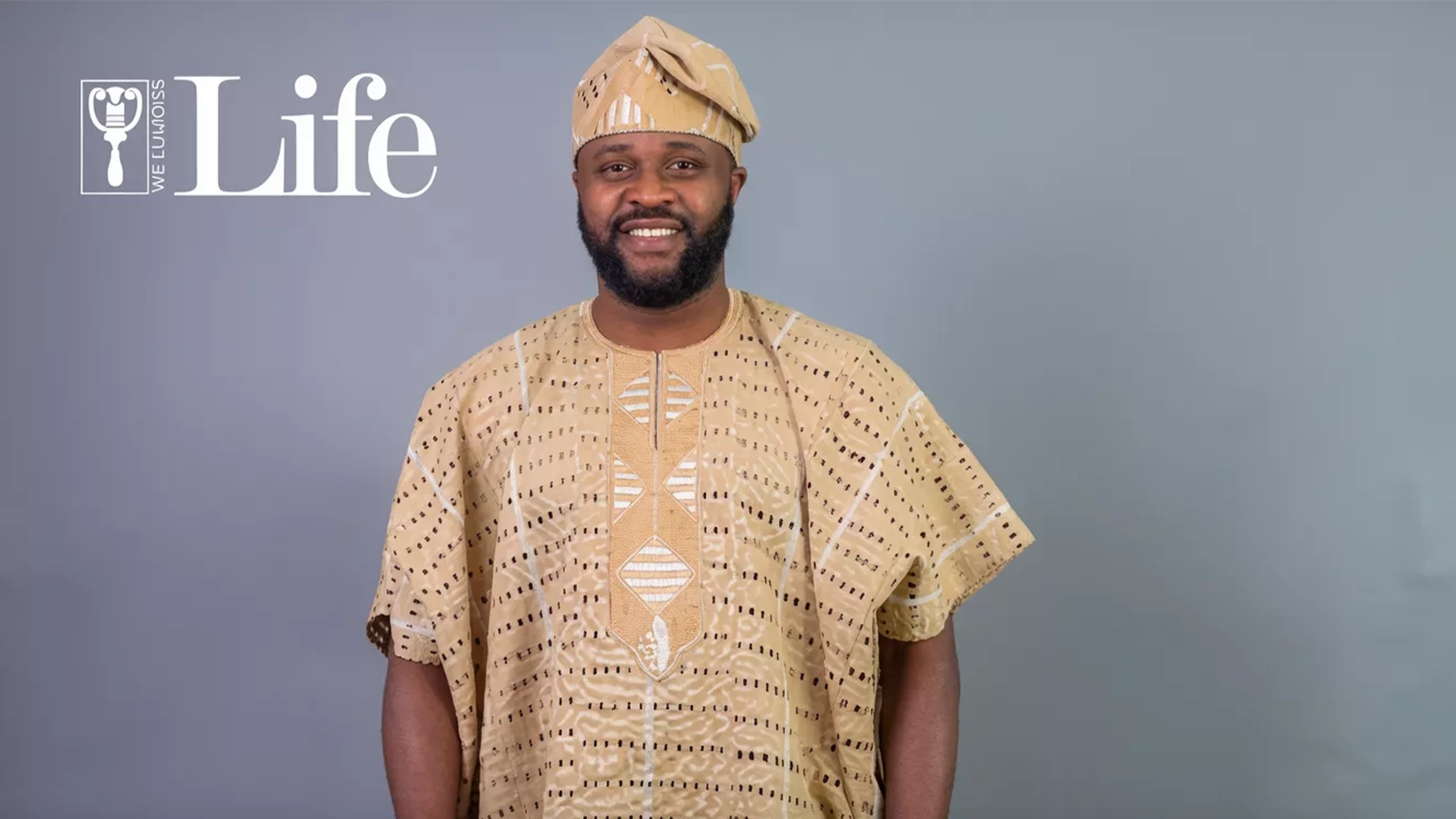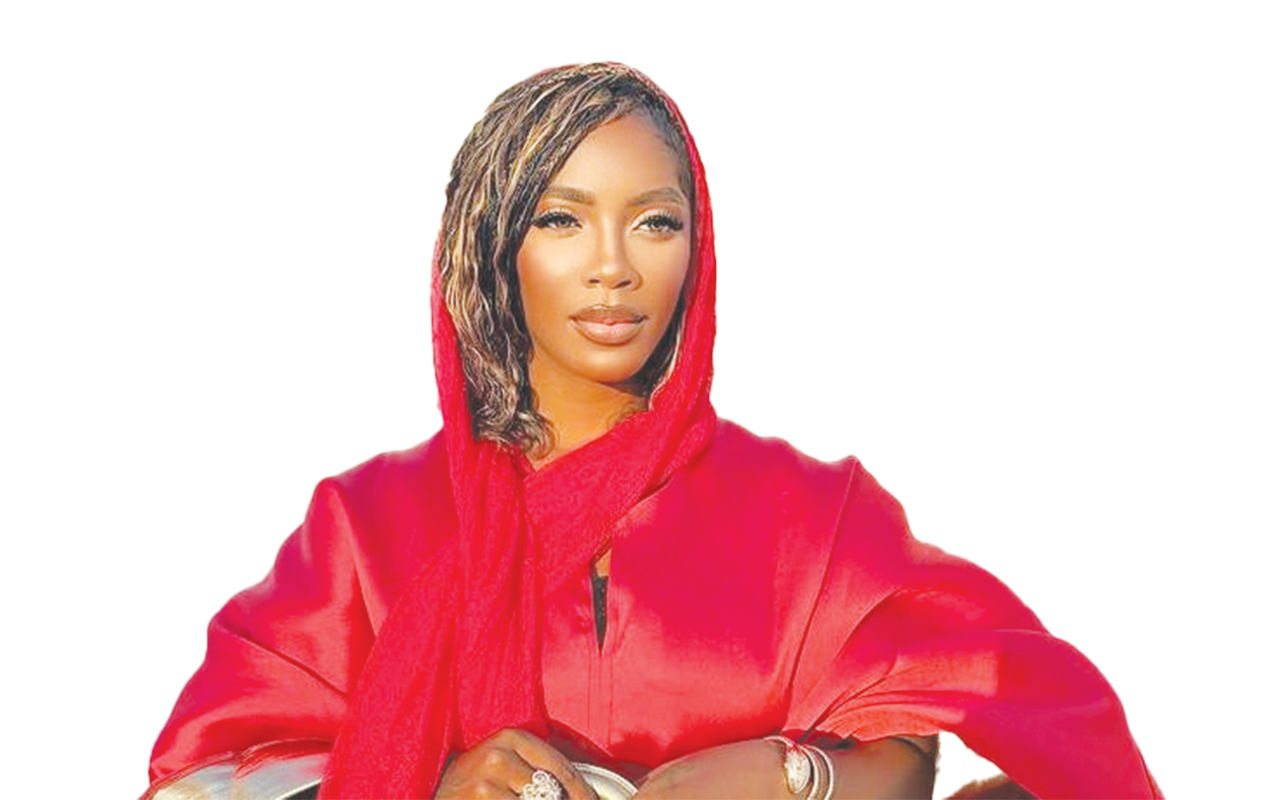
The advent of the Internet has created immense opportunities for both publishers and writers on the continent. According to a Statista report, “As of January 2022, Nigeria had more than 109 million internet users – the highest number reported all over Africa.
Meanwhile, Egypt ranked second with over 75 million users. The majority of web traffic in leading digital markets in Africa originated from mobile devices – in Nigeria, one of the countries with the largest number of internet users worldwide, 82 per cent of web traffic was generated via smartphones and roughly 16 per cent via PC devices. This is due in part to the fact that mobile connections are much cheaper and do not require the infrastructure that is needed for traditional desktop PCs with fixed-line internet connections, according to reports
How can publishers, booksellers and writers leverage the opportunities available in the evolving digital landscape?
For Jahman Anikulapo, a highly respected Nigerian Journalist and culture archivist, this question has been lingering for years: “I think it takes a change of tactics/strategies by those in the literary value chain, especially publishers and distributors (book dealers and sellers etc). They must keep thinking of how to package literary materials as popular goods e.g coke-anise or burger-ise literary items.”
“Some good experiments have come via flash prose, audiobooks, kindling etc, but not sure much mileage has been made in terms of penetrating the demography of that humongous internet users – the youths. Literary events such as Live Readings, Festivals, Book tours etc can only serve as extension services to the reworked distribution strategies. Literature (Books, Mags, Journals etc) deserves its own Netflix, or Amazon sorts of outlets. I have no idea how this can be achieved as it bothers on mercantilism, which is antithetical to my kind of art,”
According to foremost Nigerian visual artist, writer and photographer, Victor Ehikhamenor, publishers have more to do and can also leapfrog on what the West is already doing: “First serialise longer works of fiction to almost bite size. See how works can easily be accessible on handheld devices. Audio books should not be ignored; publishers should tap into that. Short stories and poems can be converted into interesting memes”
For Adedotun Eyinade, Co-Founder of Nigerian Bookstore chain Roving Heights: “Africa’s growing internet penetration offers a new vista of opportunity for publishers and writers to reach hitherto unreached readers that have been alienated from reading by a cocktail of factors notably a low purchasing power and a dysfunctional book value chain.”
According to Eyinade: “For a continent, with a youthful, social-media-savvy population the quickest way to meeting the yearnings of this demographic is creating narratives and contents that can be propagated via digital platforms accessible through mobile phones.
New storytelling forms, digital books, audiobooks, amongst others are new platforms that are increasingly popular, and publishers should be open to exploring how these media can enrich their craft. We are now seeing how social media platforms are helping to reach a new swathe of readers.
For instance, Tit Tok is a powerful medium that is fuelling the rise of genres such as Romance and Young Adult. Western publishers are paying close attention to the social media platform and riding the wave to sell books in volumes. Social media can at once be an avenue to experiment with new forms and a pulse for what the market wants to read. Writers and Publishers will be better understudying how to deploy these platforms to deepen their influence.”
Senior Marketing Expert Elvis Daniel believes that in terms of reach to a wider audience, social media and the Internet provide the opportunity for publishers to engage and connect to a larger audience and increases the consumption of their work.
“Writers can increase their online visibility and reach a wider audience through digital subscription platforms like medium or substack where readers can sign up to receive periodic newsletters or articles. Building a social media presence/followers will also boost their digital subscription growth.
“Secondly it provides a feedback opportunity for writers and publishers as people can either reply to articles or pieces with comments in blogs and online sites or make comments on any social media platform to the articles are exposed.
Identification of Audience Preference: social media provides the opportunity for publishers to identify the preferred types of pieces by the consumers by virtue of the kinds of engagement and traction each material gets; in addition, it helps to identify the audience that engages each material.”
Daniel explains further that: “online platforms and the internet allows consumers to identify the publishers and appreciate their creativity and literary knowledge which lends credence and thought leadership opportunity to the writer/publisher. Records for Articles for research: Online platforms can serve as a platform where previous articles by publishers can be referenced for research and project work, therefore making the content always relevant to the consumers.
Publishers and writers can also create digital versions of their publications to reach new younger readers who are online and leverage on social media platforms like TikTok or influencer marketing to increase visibility, interact with their audience and boost sales E.g., ‘Booktok’ which is a popular community on TikTok where creators review and discuss trending books.”
Truly the opportunities in the African market are enormous, especially with increased potential of digital and mobile access and a fast and growing population.
Abby Ogunsanya is a books aficionado, collector of rare books and a part-time bookseller who has been buying books for decades and now has quite an extensive library filled with a wide range of genres. Abby is also a collector of rare books on African Literature as well as rare dictionaries on the Yoruba language. She became a bookseller when the COVID-19 pandemic struck and now runs an online store where she sells rare, as well as modern signed and limited edition books.
According to Abby: “One thing that is clear is that the Internet and social media, in particular, play a very important role in the industry. As a marketing tool to disseminate information about industry news, upcoming publications and events, digital media plays a prominent role. With the advent of social media and the growth in influence of social media influencers who review books on platforms such as YouTube, TikTok and Instagram, publishers have been actively partnering with them to help create buzz for their titles to the public.
“One major area where publishers and booksellers can leverage the Internet penetration and even social media is in pre-publicity and revenue generation from pre-orders sales online for upcoming releases. Titles by established authors can often sell thousands of copies pre-publication and some such as Atlas Six and Heartstopper were championed on Tik-Tok which helped secure them huge pre-sales.”
Article was published in African views






